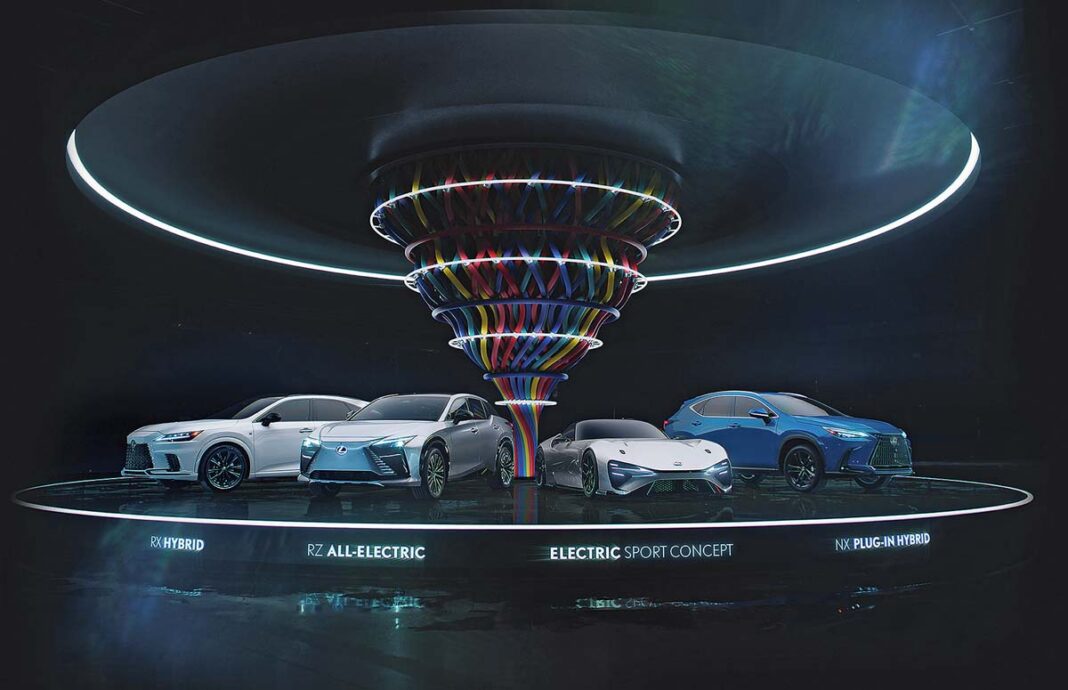As we move closer towards the 2023 General Election, we are seeing uncertainty surrounding the future of the Clean Car Discount (CCD).
Since the CCD started in the middle of 2021, there are now around 76,000 EVS on the road, non-profit electric vehicle organisation Drive Electric calculates CCD has removed around two million tonnes of CO2. From an environmental perspective it can largely be seen as a success, so why remove it?
The potential removal of the CCD comes down to one thing: cost. The idea is that the CCD should be “fiscally neutral”, however a system that provides a rebate up to $7,015 (previously $8,625) on the price of a new clean vehicle selling for less than $80,000 (and $3,507.50 for a used import) as a discount, paid for by levies of up to $6,900 (previously $5,175) on the price of a polluting car, has severely eroded the seeding fund of $304 million.
As of 30 June 2023, there is only $20.2 million left of the original $304 million fund. With EVs, PHEVs and hybrids only becoming more popular, the conclusion of the fund is drawing near.
What’s the alternative, then? Besides the considerable media attention received by the CCD, there’s another policy introduced in January 2023 that significantly impacts the automotive industry – the Clean Car Standard (CCS).
The CCS encourages importers, rather than buyers, to meet stringent CO2 emissions standards. If an importer’s fleet surpasses the carbon emissions average limit, they face penalties.
Conversely, fleets operating below this limit accumulate credits, which can serve as a protective buffer against future fines or be traded to other brands.
The difference between the two policies is that while one encourages people to buy them with a rebate, the other encourages the industry to supply cleaner vehicles.
Over time, the emissions targets will become stricter with the aim of further influencing what vehicles will be offered to New Zealanders. We’re witnessing the industry evolve firsthand as importers roll out new hybrid, PHEV, and EV models.
Lexus, for example, stands out within this industry transformation. Lexus has made a significant commitment to sustainability by exclusively introducing hybrid and PHEV versions of their new NX and RX SUV models.
Notably, they’ve opted not to offer these models with a conventional non-hybrid powertrain, underlining their dedication to advancing cleaner and more fuel-efficient technology.
This shift also reflects a growing consumer demand for cleaner and more fuel-efficient vehicles, evident in increased sales and extended wait times as people embrace innovative technology.
As New Zealand navigates the transition towards cleaner transportation, the fate of the CCD remains uncertain. However, the introduction of the CCS and the industry’s response underline the nation’s dedication to reducing carbon emissions and promoting a sustainable future.
Ultimately, the outcome of these policies will significantly influence the direction of New Zealand’s automotive industry and its impact on environmental sustainability.
Clean Car’s aim to achieve a world-leading CO2 reduction from passenger and light commercial fleet, within five years, still appears unchanged.




